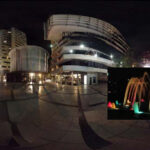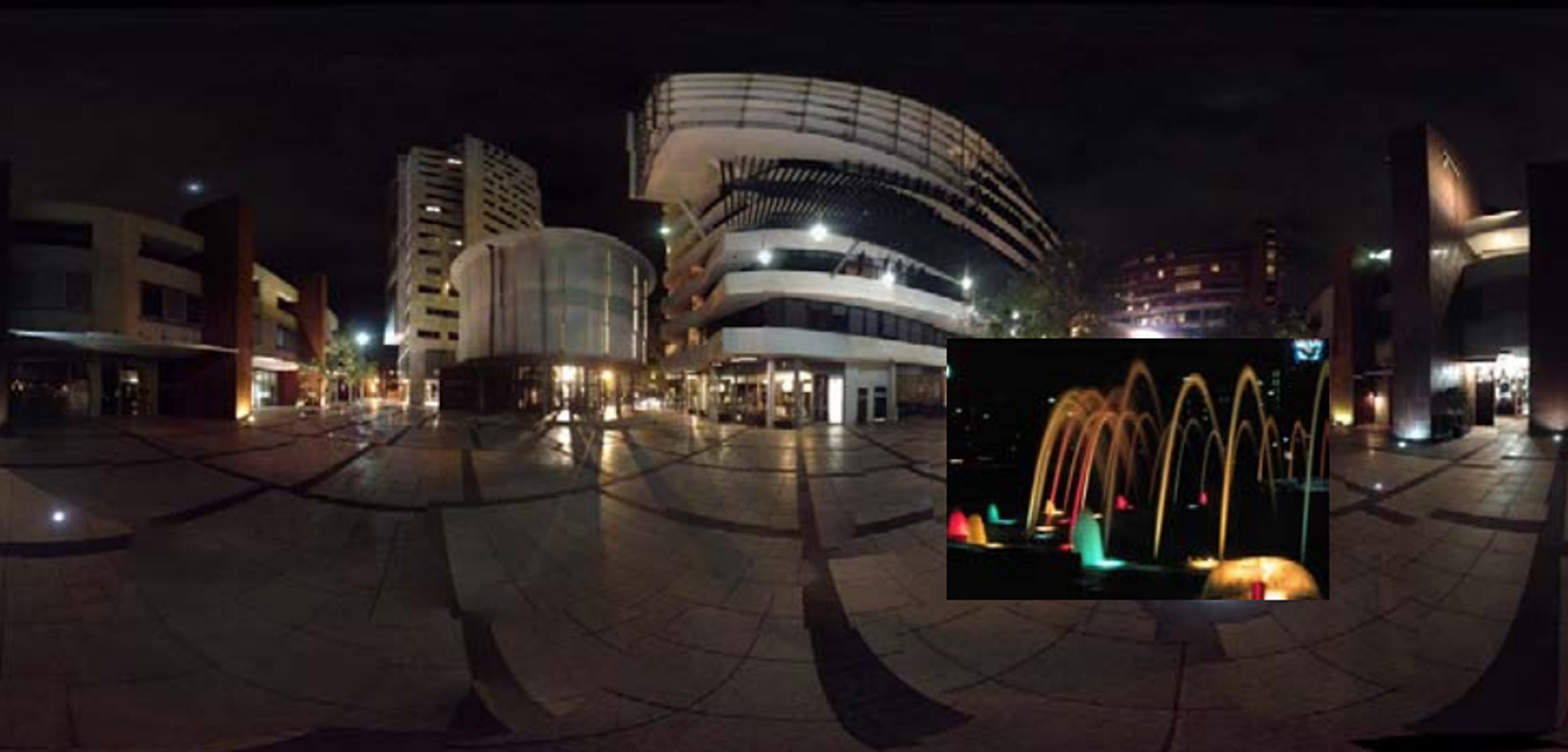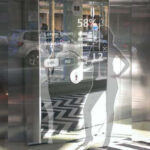“Water Recycling” by Zina Kaye, Mr. Snow
Title:
- Water Recycling
Artist(s) and People Involved:
Symposium:
- ISEA2013: 19th International Symposium on Electronic Art
-
More artworks from ISEA2013:


Venue(s):
Artist Statement:
In this project, Kaye and Snow are looking at ‘retrofitting generative relationships’. Examining the case of urban developments where a particular piece of green equipment or infrastructure, such as a water recycling facility, has been installed and how data art and data visualisation can be used to monitor, communicate and incentivise its sustainable operation over its lifetime.
The dilemma is that developers install green infrastructure to get green accreditation. However, the system requires compliance from the residents. For water recycling systems it requires them not put certain products like milk, oil and medicines down the sink. But people are not motivated to comply, and no one wants to report upon the failure of the system as it will reflect badly on them and the rating of the building. Compliance with the system requirements is particularly challenging because it only takes one person to wreck the system – one person to put the wrong things down the drain.
The team proposed a data collection structure that requires that each building block is measured separately, in order to drive a competition between them. Next is a system to communicate how the water recycling system is performing, allowing people to pledge to adopt the right behaviours (whilst waiting for the lift). There is an artwork which offers a beautiful installation in the foyer to track progress. And if everyone is doing well in all the buildings, perhaps there is a fountain that comes on in the courtyard (because the water is of good enough quality to become airborne). The key to the whole system is information feedback and reward–broadcasting how many people have pledged, asking for more pledges, and rewarding good behaviour. This starts the broader education process.
Ideally, the data would be reported by floor or by apartment to personalise the feedback further. If Council were actually to legislate for monitoring data, then it would change the incentives quite drastically. Technical solutions like dual flush systems, so some things can be flushed out without affecting the recycled water supply, would also make the challenge more achievable. Other longer term solutions could include the creation of a water bank or encouraging the building to operate like a water utility, selling the recycled water and offering a monetary incentive for communal management of the resource.
Additional Images:
Category:
All Works by the Artist(s) in This Archive:
- Zina Kaye

Water Recycling
[ ISEA2013]
Space Folding
[ ISEA2014]- Mr. Snow

Water Recycling
[ ISEA2013]






